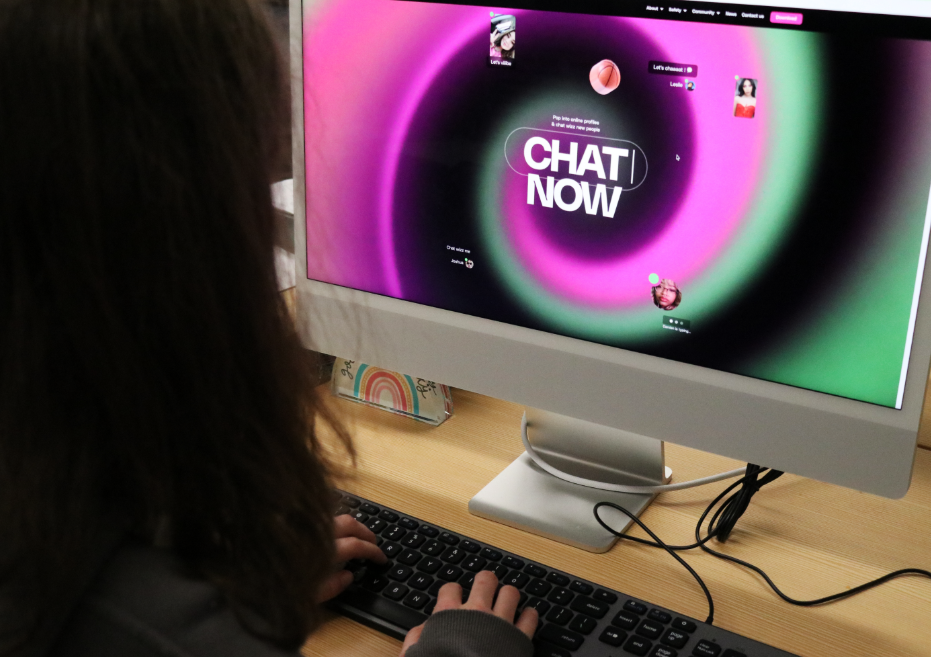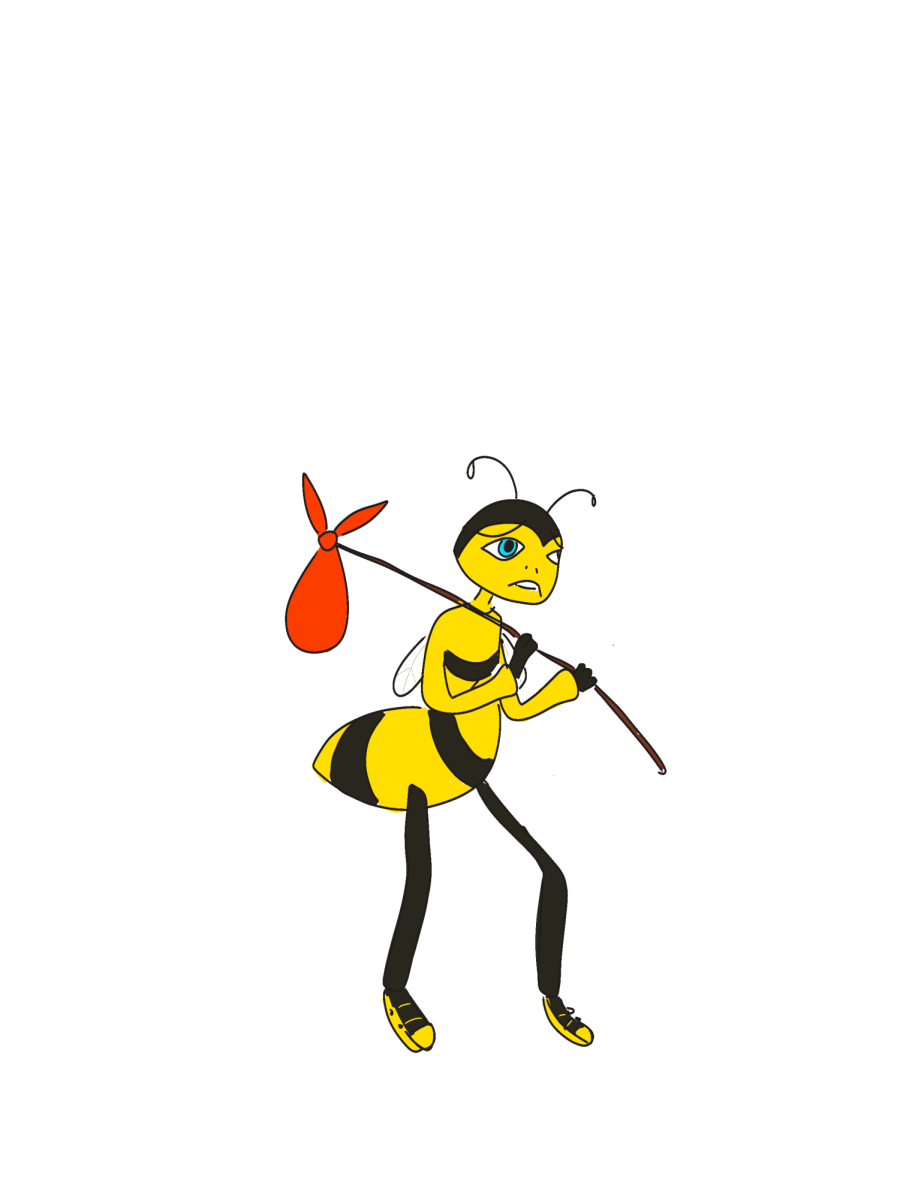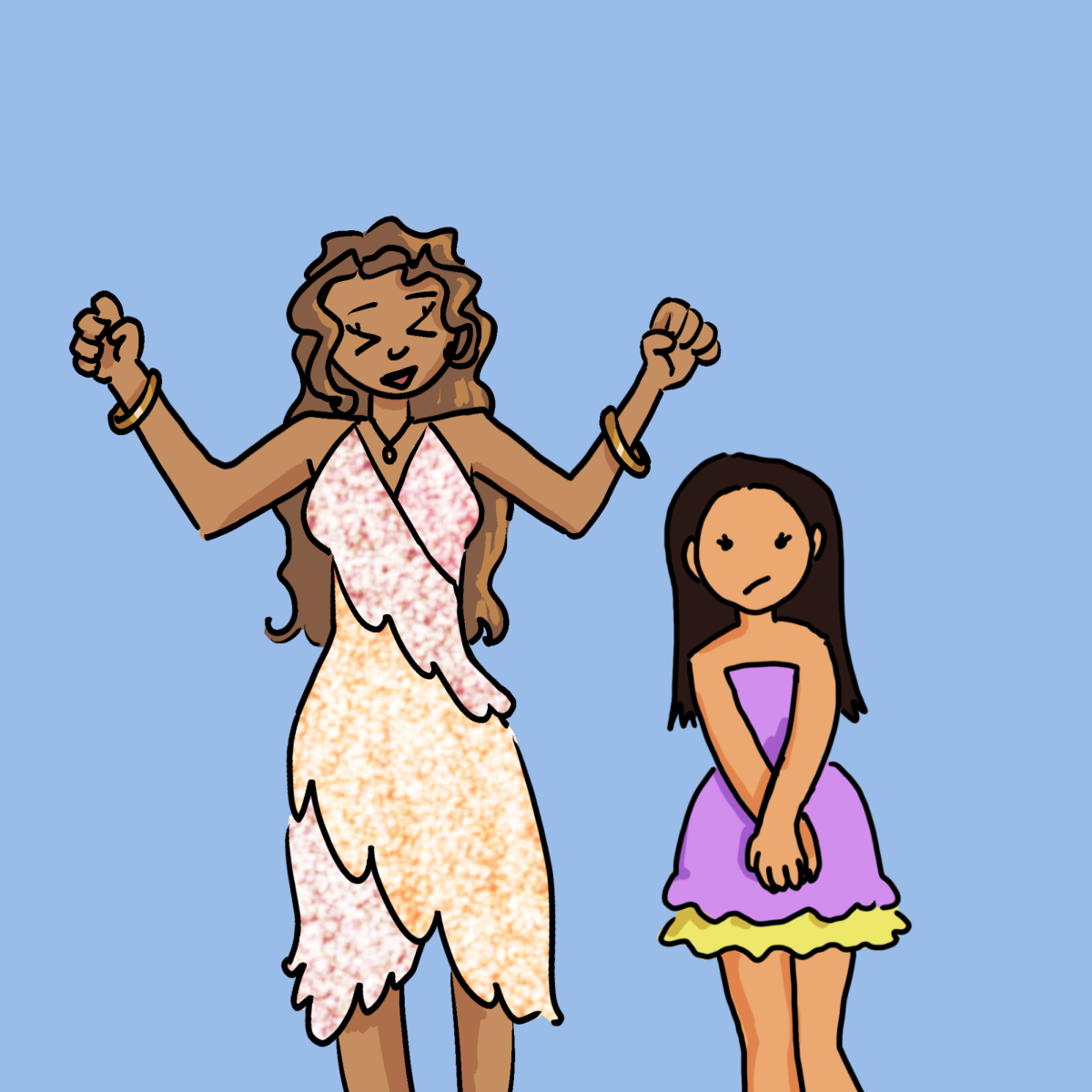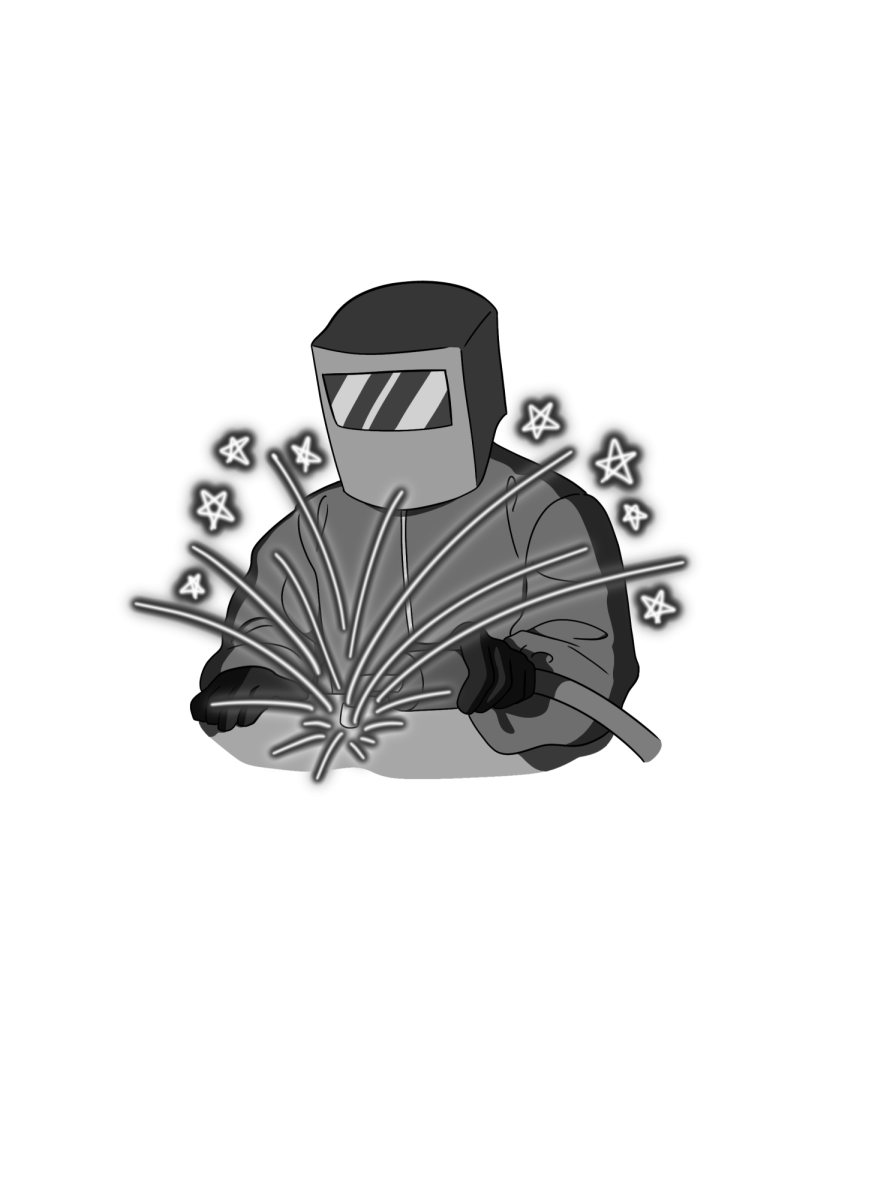We have all heard of apps like Tinder and Bumble, but a new app–originally released in 2019–is making waves among the younger generations. This app is called Wizz and it caters to a younger demographic, mainly teens and pre-teens from the ages of 13-18 (however the limit is 24). While the app is marketed as an app for making new friends with similar interests and connecting with people around your age, it is essentially a dating app for kids. The creators claim to have safety measures that protect the users, but it is almost disturbing how easily this “safety” can be breached.
One of the main concerns related to Wizz is the risk of trafficking that comes with it. The application enables users to interact with individuals, creating opportunities for people to misuse the platform by grooming and manipulating young users. Traffickers frequently utilize social media and dating apps to find underaged teens, creating connections that may result in risky face-to-face meetings. The anonymity and ability to fake one’s identity provided by the app empowers these predators, supporting their ability to approach minors without any suspicion. The potential for harm is very worrisome as young individuals may not grasp the significance of meeting or sharing personal information with people they have only interacted with online.
Another concerning issue is when children have the chance to meet strangers through the app. Wizz promotes interactions with individuals which could lead users to feel overly safe in their online exchanges. Teens might think they are invulnerable and capable of managing any scenario, but the truth is that meeting someone from online can pose great risks. Numerous young users might fail to spot red flags indicating a potentially hazardous individual, resulting in situations that could take a turn for the worse. Parents might not always know what their children are up to online, which could leave the kids to deal with dangerous situations by themselves without any guidance or supervision from adults, resulting in serious incidents, like abductions or cases of violence occurring as a consequence of this lack of oversight.
Moreover, developing a dating application for children is fundamentally challenging. Despite presenting itself as a space for making friends, Wizz shows similarities to adult dating apps in its core dynamics. This could cause uncertainty among users who may lack the mental maturity needed to navigate romantic relationships. The urge to make new connections may result in patterns like seeking approval through likes and matches, potentially affecting self confidence. Furthermore, engaging in “dating” at such a young age could expose children to relationship dynamics prematurely, leading to emotional conflict that they might not be able to handle effectively.
All in all, despite the fact that Wizz might come across as a useful platform for young people to socialize on, the potential risks it carries should not be underestimated in any way. The concerns linked to human trafficking, issues arising from interactions with strangers, and the fact that it is akin to a dating application for minors, highlights hazards to the security and welfare of its users. That being said, many remain unaware of the harmful nature of Wizz. Parents need to stay alert by keeping an eye on their children’s Internet presence while also educating their children on the possible risks associated with interacting with strangers on various social networking sites. In this age of advancing technology development, it is essential to place an emphasis on protecting the well-being of individuals and supporting the enforcement of stricter rules for applications targeting younger, more susceptible and impressionable groups in society. It is only by spreading awareness and taking preemptive steps that we can address the potential dangers linked to platforms like Wizz.







